T4K3.news
Balanced view on kids and fast food
Experts say McDonalds can fit into a healthy kid’s diet with balance and context
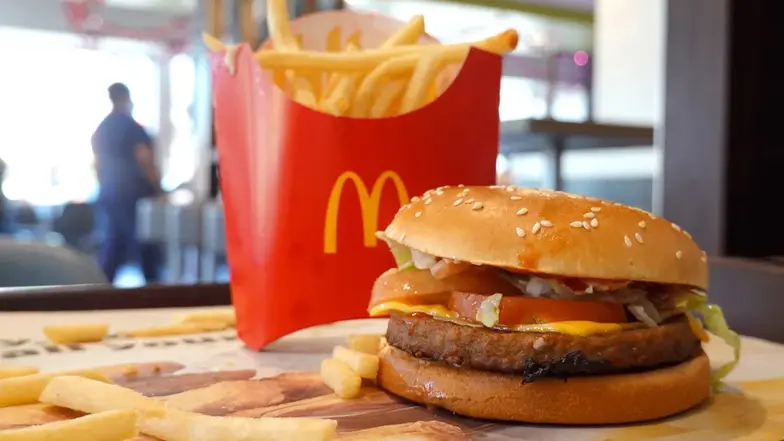
A panel of nutritionists weigh how kids can eat McDonalds without undermining healthy eating.
McDonalds Fits Into a Balanced Kids Diet
A HuffPost feature surveys nine nutritionists about whether kids should eat McDonalds. The takeaway is not a simple yes or no. Experts emphasize a flexible approach that pairs regular meals at home with occasional fast food, and they warn against labeling foods as good or bad. They say a blanket ban can backfire by increasing guilt or secrecy around eating.
Strategies that emerge include modeling balance, offering nutrient-dense options alongside treats, and talking openly about hunger cues. Dietitians argue that fast food can serve practical roles, such as convenience during busy days or social occasions, as long as families keep overall daily nutrition in view. The emphasis remains on healthful patterns, not perfection, and on teaching kids to listen to their bodies and make informed choices.
Key Takeaways
"My sons eat at McDonald’s sometimes, and I treat it the same way I would at any other meal."
Julia Cassidy on treating McDonalds like any regular meal
"All foods can fit into a healthy diet and lifestyle."
Nikki Fata on the inclusivity of all foods
"Social eating experiences are valuable for children's development."
Liza Marogy on the social aspect of meals
"McDonald’s is a once in a while food and can be balanced with other meals."
Heidi McIndoo on balance and flexibility
This piece reflects a broader shift in how parents and clinicians talk about food. It treats eating as ongoing learning rather than a sequence of good or bad decisions. The editorial tone supports flexibility, resilience, and everyday practicality.
Yet the discussion also highlights tensions beyond nutrition alone. Food choices intersect with budget, time constraints, culture, and social life, making fast food a real-life factor for many families. The risk is turning a health question into a political or social fault line instead of a personal, doable daily habit.
Highlights
- Food is just food, not a moral verdict.
- All foods can fit into a healthy diet.
- Social eating experiences are valuable for children's development.
- Food choices are individual and guided by hunger.
Backlash risk over class and access to fast food
The article touches on affordability, social norms, and potential public reaction to parenting choices around fast food. This could invite budgetary scrutiny, political debate, or controversy in public discourse.
The conversation about kids, food, and choice is evolving toward balance and empathy rather than restriction.
Enjoyed this? Let your friends know!
Related News

Nutrition experts urge Israelis to rethink diets
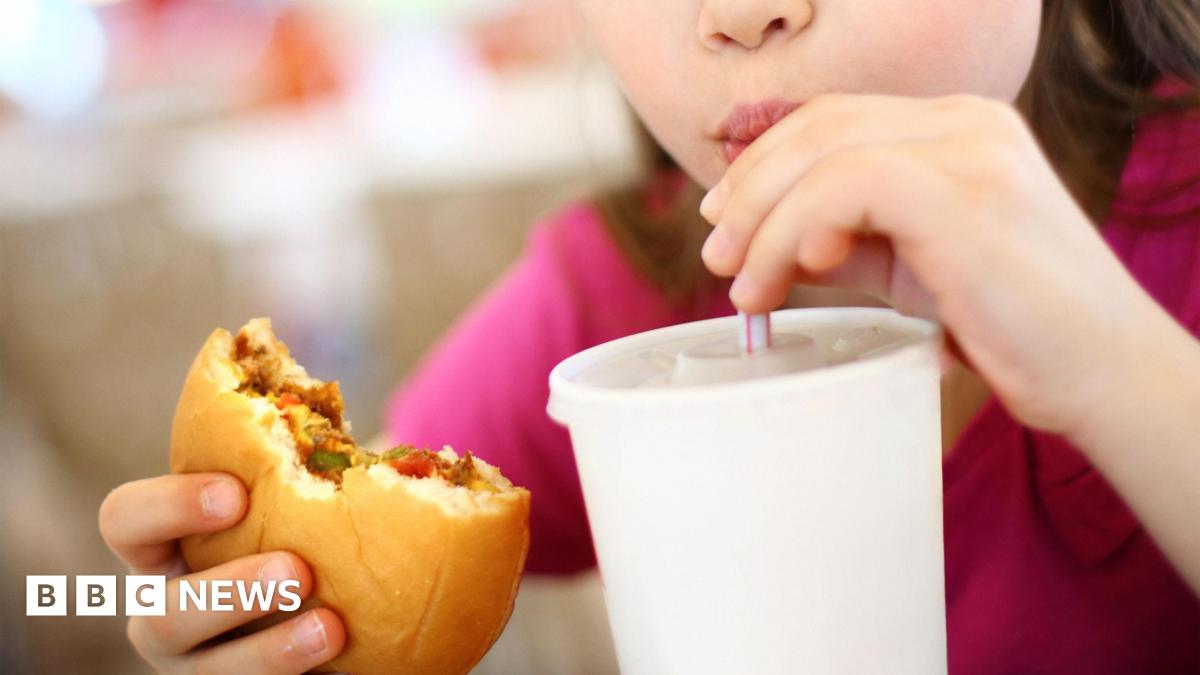
Southend-on-Sea plans to limit fast food outlets
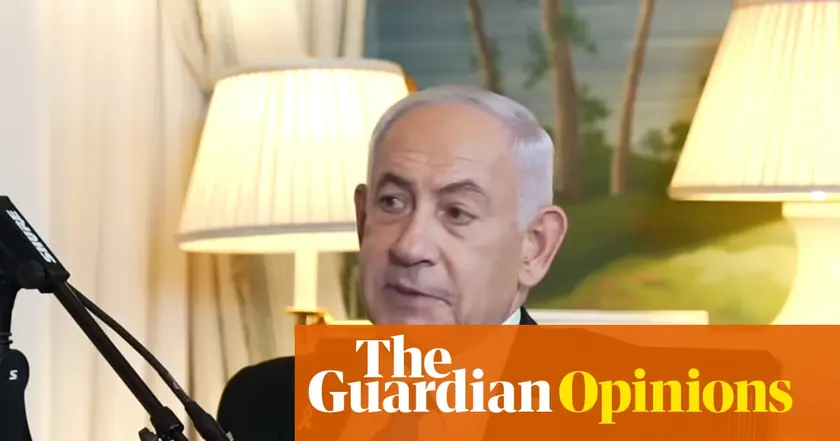
Netanyahu appears on podcast while Gaza faces starvation
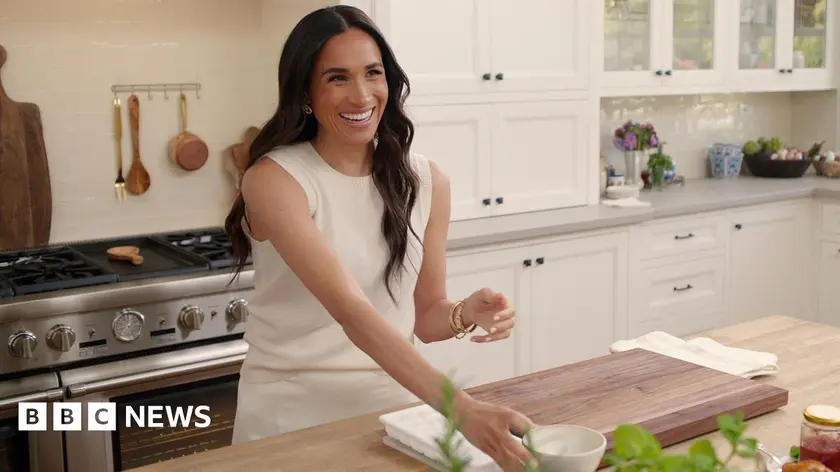
Netflix extends royal partnership with looser terms
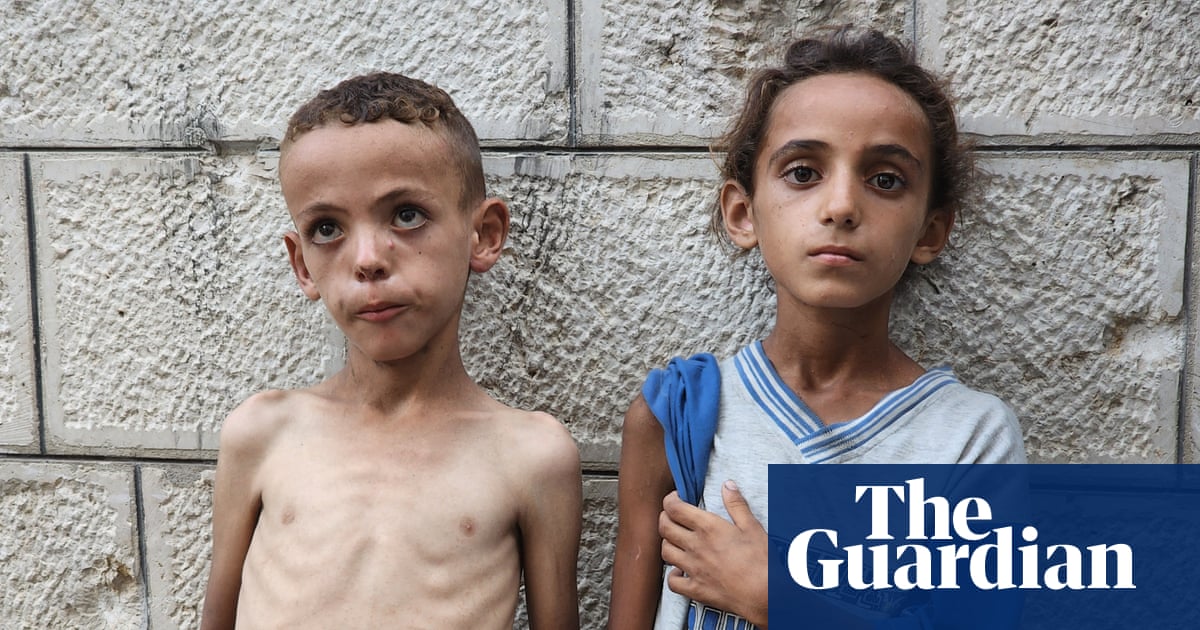
Hunger crisis intensifies in Gaza
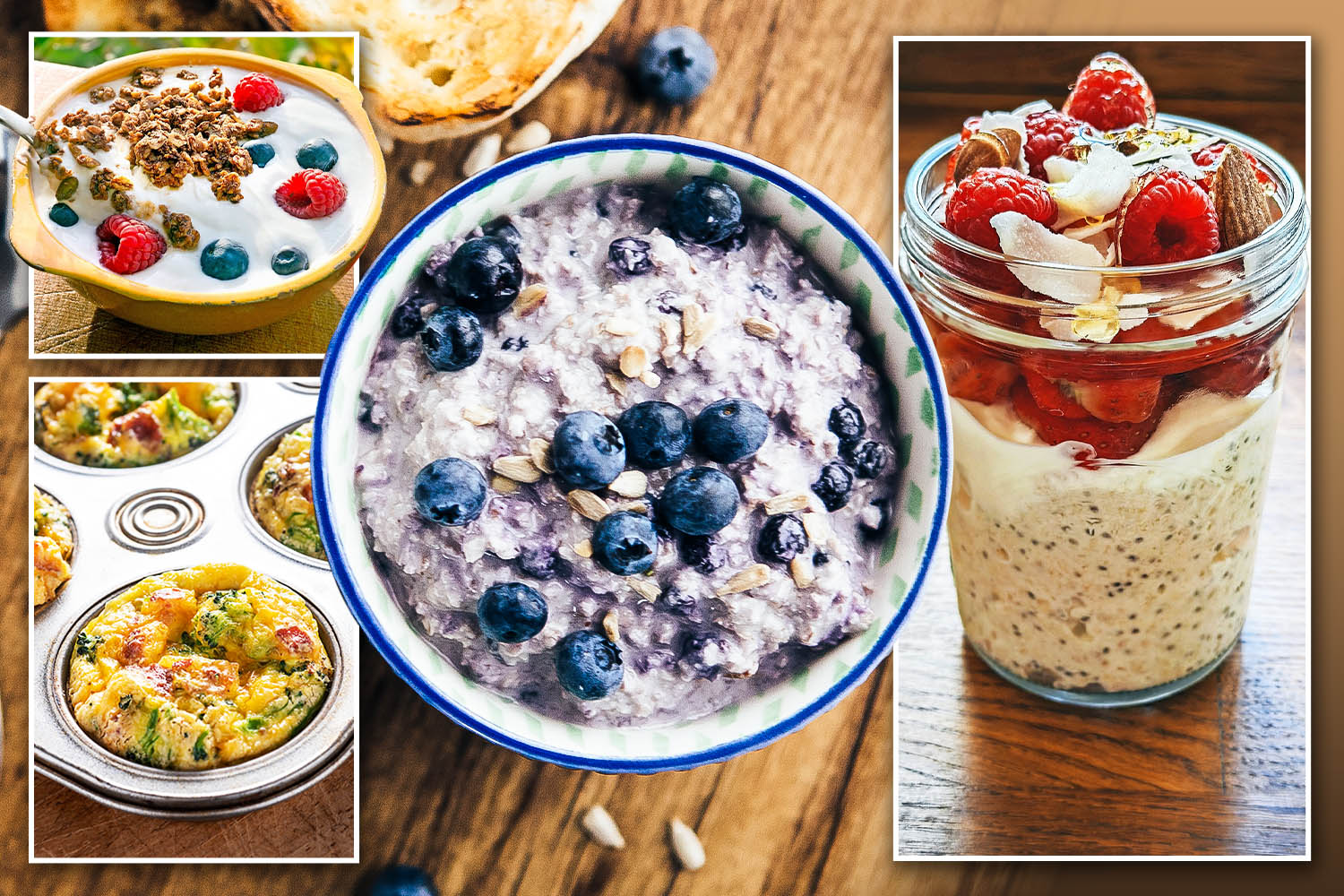
Morning meals to support weight loss
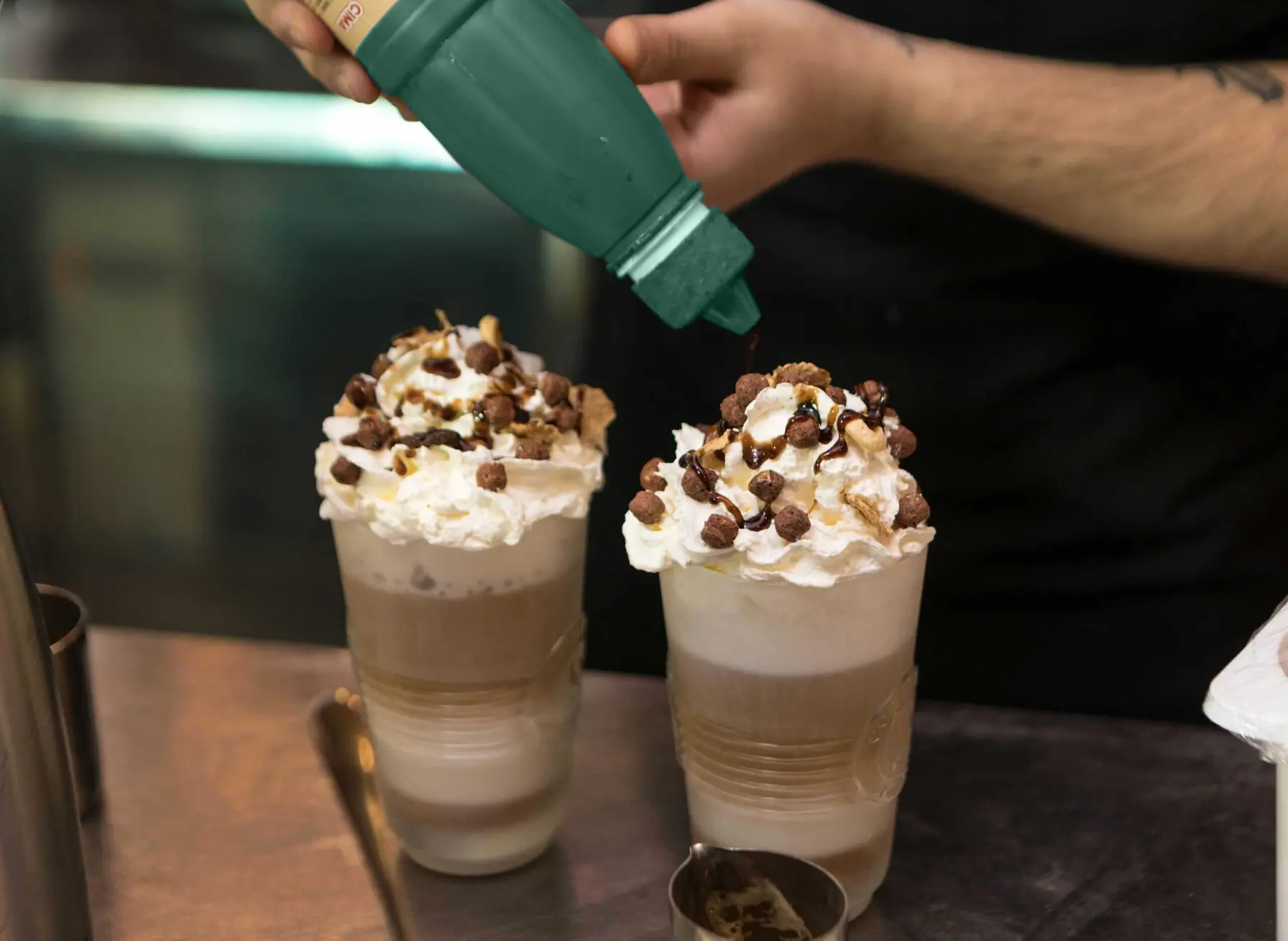
High Fat Meal Impairs Brain Blood Flow

Stadium announces diverse concessions for Everton Roma weekend
